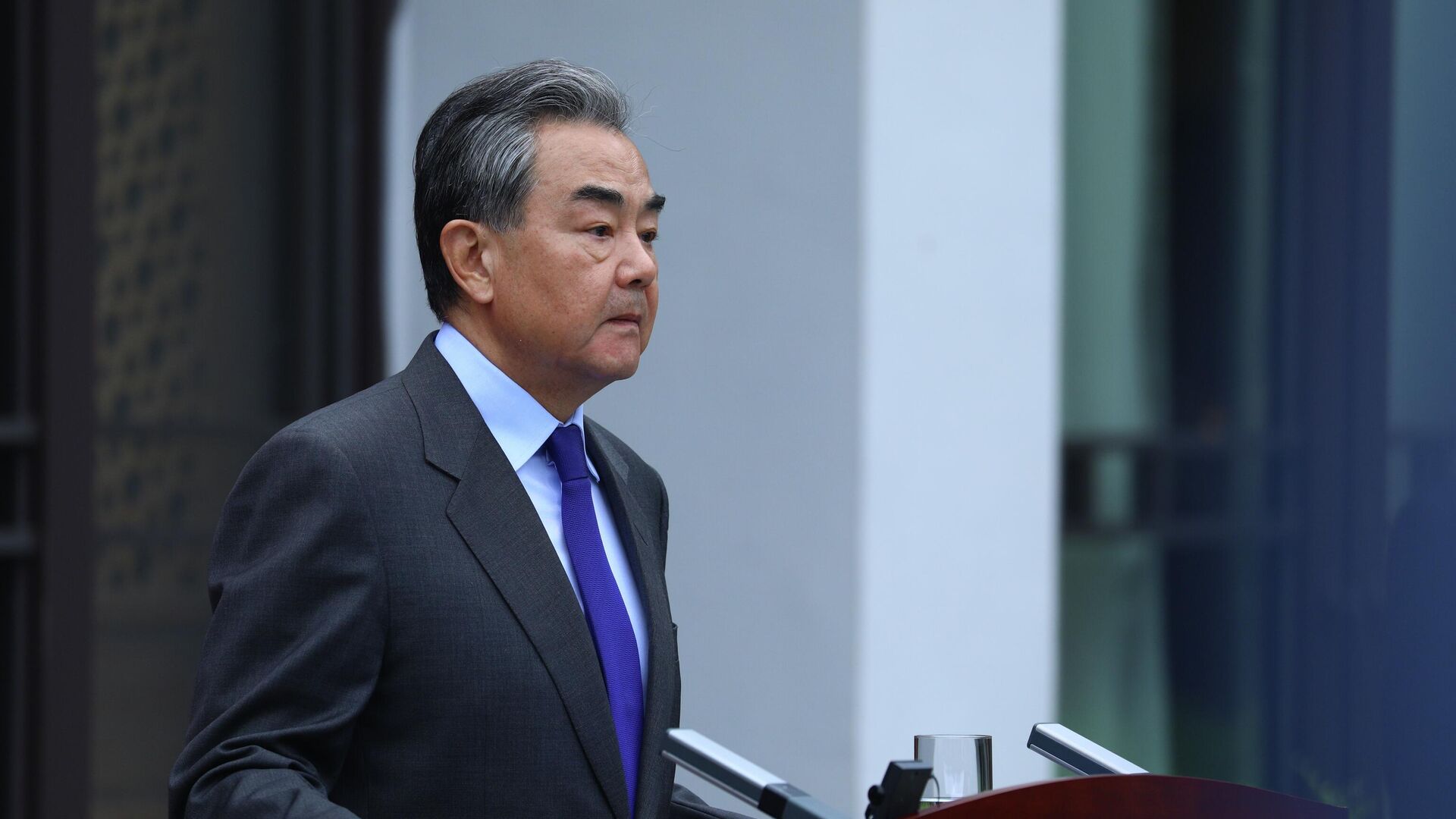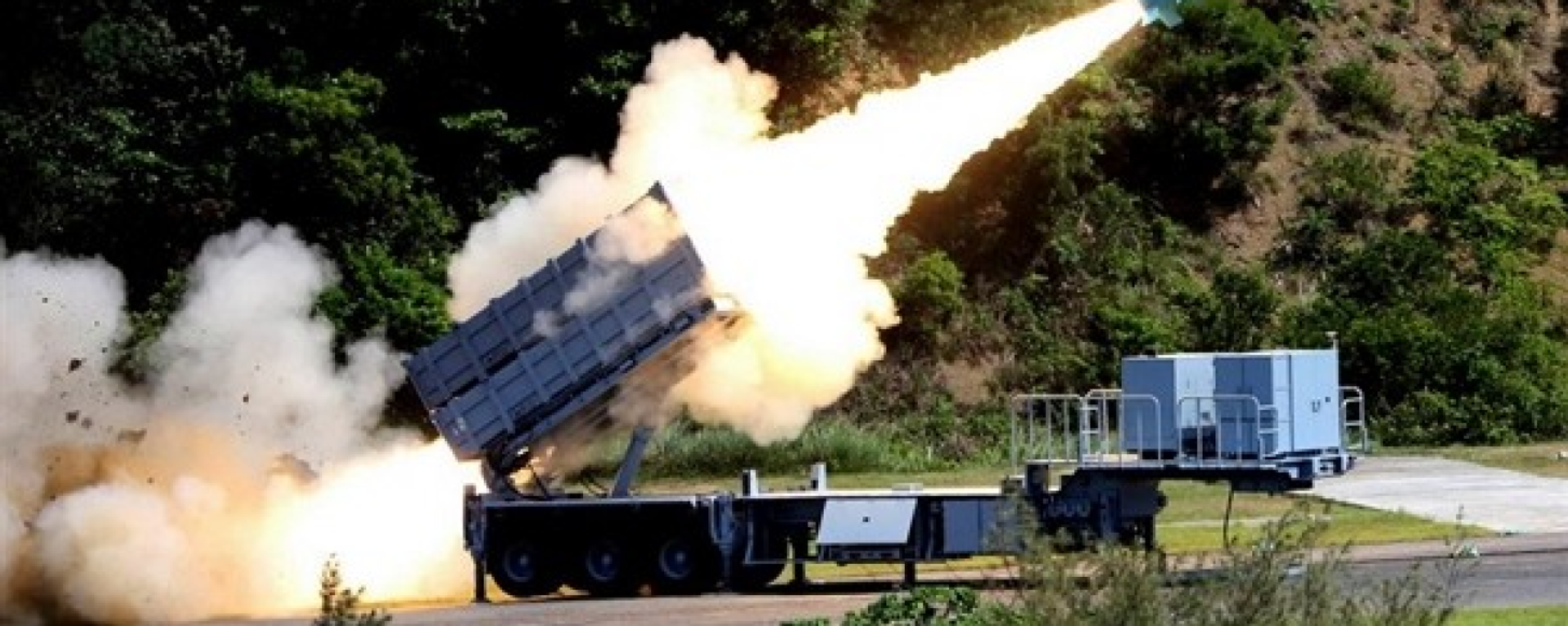China’s Wang Yi Embarks on Trip to Mend Rift With Europe Amid US ‘Decoupling’ Attempts

© Sputnik / Russian Foreign Ministry
Subscribe
Wang Yi, the Communist Party of China’s chief diplomatic official, is touring several countries in Europe over the next week as part of an attempt to shore up relations with a continent composed primarily of US allies waging a proxy war in Ukraine against Russia, with which China has a “no-limits” relationship.
The Chinese Foreign Ministry said Wang was invited to visit France, Italy, Hungary, and Russia on a trip lasting from February 14 until February 22. Several of those days will also be spent at the Munich Security Conference in southern Germany, where unconfirmed rumors have indicated he may meet with US Secretary of State Antony Blinken.
“At the security conference, which a Chinese official hasn’t attended since the COVID-19 pandemic began in 2020, Wang will “communicate the vision of common, comprehensive, cooperative and sustainable security advocated by President Xi Jinping, make clear China’s abiding commitment to peaceful development and share China’s position on major international issues in light of the theme of the Conference,” the ministry said.
Analysts speaking with Chinese media noted that the Munich conference is significant because it comes as Russia’s special operation in Ukraine nears its one-year mark, but also because the US has significantly ramped up tensions across the Taiwan Strait by supporting the rebel movement in Taiwan.
"The world wishes to hear China's voice and know more about China's stance on these issues and questions," Cui Hongjian, director of the Department of European Studies at the China Institute of International Studies, was quoted as saying.
Wang is also expected to discuss trade ties with members of the 16+1 trade group, a group of Central and Eastern European nations with which Beijing has worked to improve trade ties since 2012. However, several states have left the group in recent years in protest over what they claim are human rights violations in Xinjiang Autonomous Region, China’s westernmost province and the home of the Uyghur people.
However, Wang’s trip will only be a shadow of what was intended, since a parallel delegation of Xinjiang officials intended to soothe European anxieties about doing business in Xinjiang suddenly postponed their trip on Monday. According to news reports, their explanation gave few details, only referencing “scheduling reasons” and “an important domestic agenda.”
Analysts have noted that Beijing occupies a precarious political position: it wants to trade and have friendly relations with the West as well as countries that, like China itself, the US and its allies have declared a threat to the “rules-based international order,” such as Iran and Russia. Beijing cannot afford to become “decoupled” from either group, which is a major reason it has not taken sides in the year-long conflict in Ukraine between Russia and NATO-armed Ukrainian forces operating largely as a Western proxy army.
However, Beijing hasn’t backed down from its increasingly close friendship with Moscow, either, and Wang is expected to discuss further deepening that partnership during his meeting with Russian President Vladimir Putin. The two nations held joint naval drills in the East China Sea in December and they often drill their armies together at Russia’s annual Vostok war games in Siberia.
Chinese Foreign Ministry spokesperson Wang Wenbin told reporters earlier this week that the two nations “are comprehensive strategic partners of coordination for a new era” and have “maintained the momentum of sound and steady development and cooperation in various areas has yielded fruitful outcomes” in recent years.
“During the visit, Wang Yi will have an in-depth exchange of views on the growth of China-Russia relations going forward and international and regional hotspot issues of shared interest,” Wang Wenbin explained.
“China is ready to take this visit as an opportunity and work with Russia to promote steady growth of bilateral relations in the direction identified by the two heads of state, defend the legitimate rights and interests of both sides, and play an active role for world peace.”



